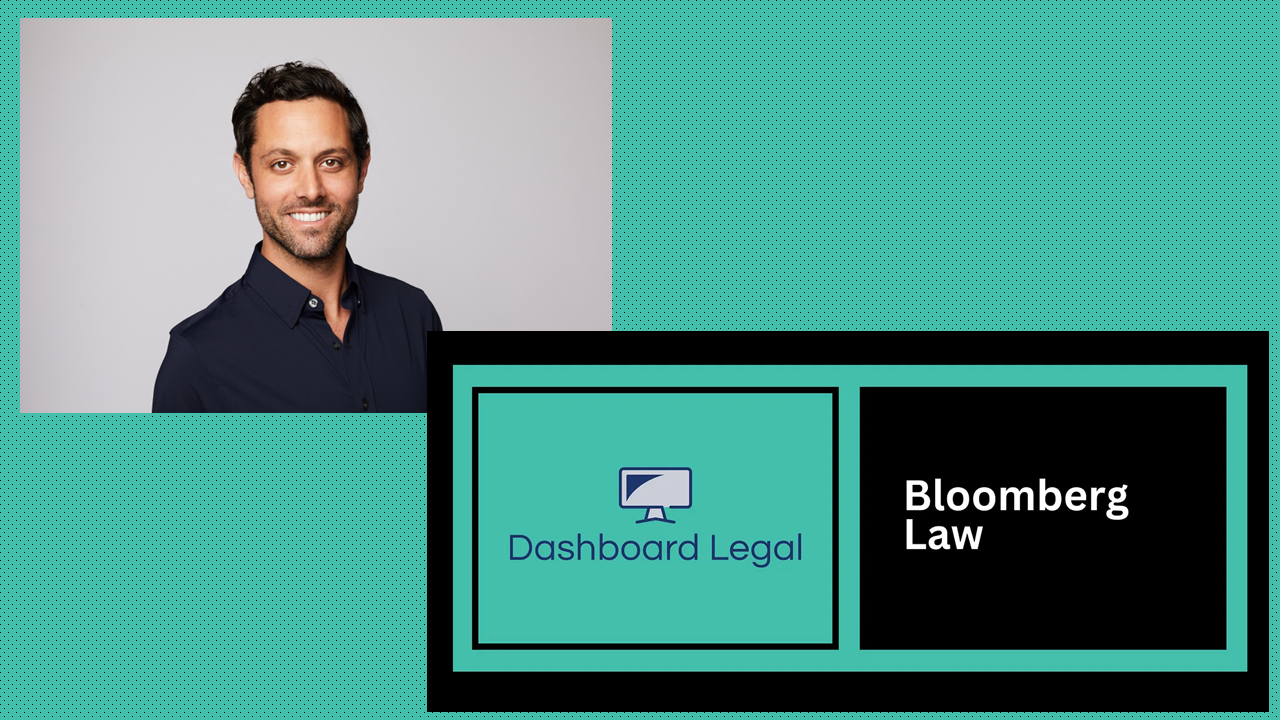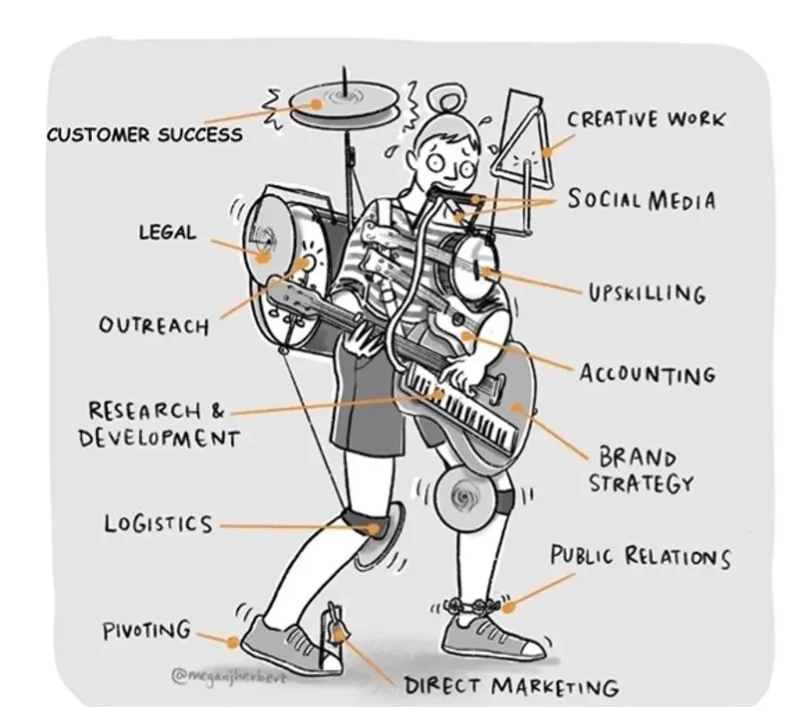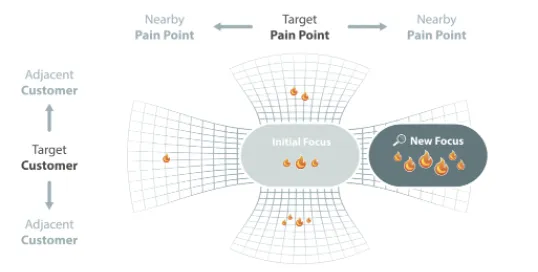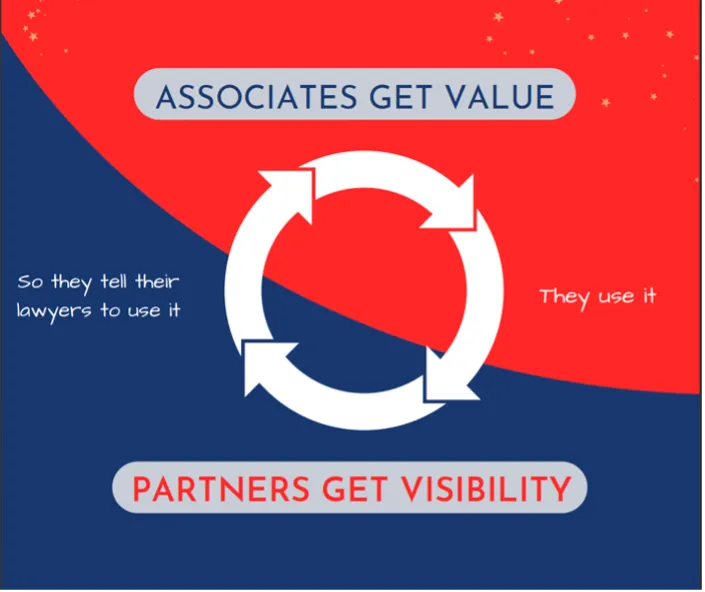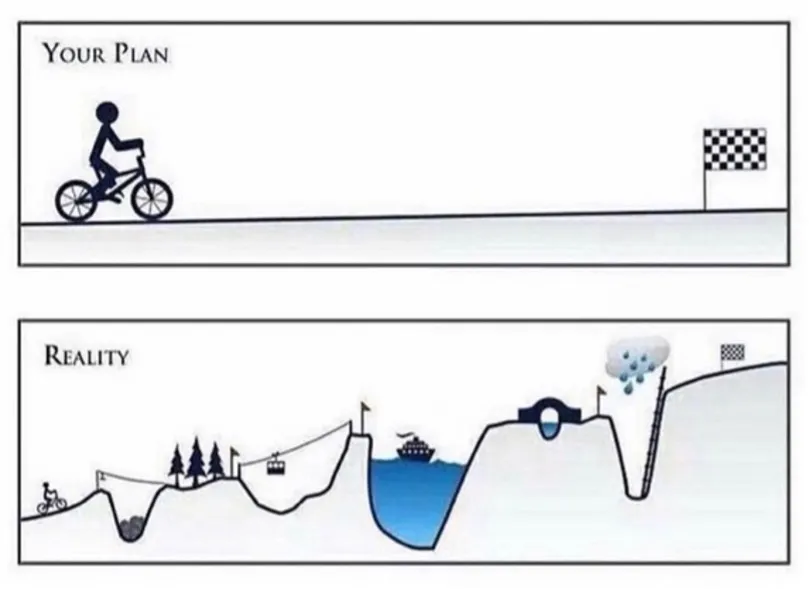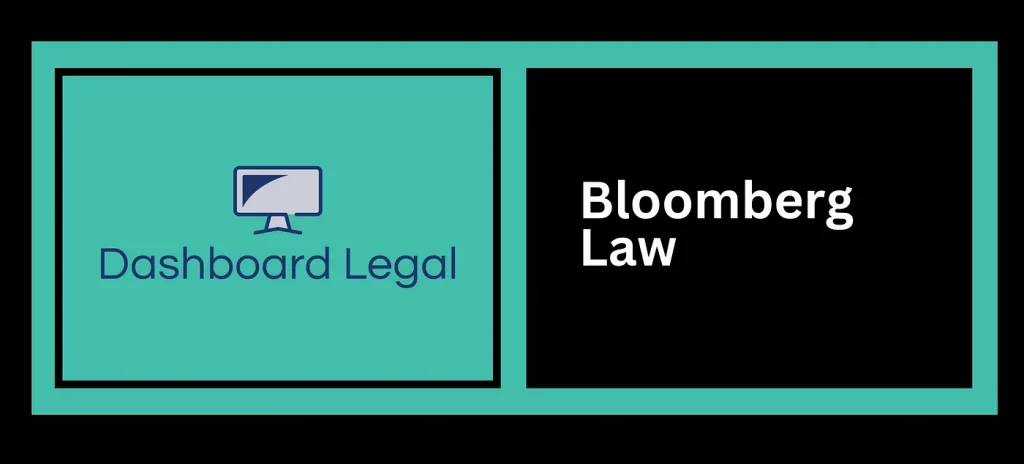Four years. No institutional capital. An incredible co-founder. Tenacious execution. Lucky timing. And a belief that what we were doing was important. Simply put, it was as rollercoaster.
Dashboard Legal was born from a need
I remember sitting on the 45th floor of Bank of America Tower, 7 years into a corporate biglaw career, and asking myself the question: Am I actually doing anything meaningful, for any one in particular?

In the Spring of 2019, I joined the firm’s technology committee.
After a year and dozens of matters later, I could confidently say there wasn’t a single piece of tech that made our work easier.
But I had an idea for something that would.
Open Outlook, search and sort, drag and drop…
The problem is Email. And all the things we needed it to do. It’s our source of truth, and core communications internally with the team and externally with the client. It’s used to coordinate dozens of workflows and concepts and drafts, checklists and deadlines. The most sophisticated projects in the work managed in … Email.
Research and drafting and advising are vital to practicing law. But getting things from A to Z without letting things slip is also being a lawyer. And I knew most of a lawyer’s day was spent on these processes.
Was everyone working this way?
| About the Author |
|---|
 Mat Rotenberg was the CEO and co-founder of Dashboard Legal, which was acquired last week by Bloomberg Law. A former M&A lawyer, he founded Dashboard Legal to help lawyers run more organized and collaborative matters. This essay originally appeared on Medium and is reprinted here with Mat’s permission. Mat Rotenberg was the CEO and co-founder of Dashboard Legal, which was acquired last week by Bloomberg Law. A former M&A lawyer, he founded Dashboard Legal to help lawyers run more organized and collaborative matters. This essay originally appeared on Medium and is reprinted here with Mat’s permission. |
* * *
In the Fall of 2019 my (eventual) co-founder posed the following question to me:
“Name one piece of technology that you enjoy using at work”
Firstly, I love that he focused on joy. But honestly, I couldn’t answer.
After a year of digging into the law firm’s tech stack, I couldn’t name a single piece of legal specific technology that lawyers enjoyed using. The way we seamlessly and pleasantly interact with our iPhones or Spotify.
I’m looking around at our clients using tools like Salesforce and Asana and Jira and it became obvious. We need our solution. We need a structure to organize the increasing complexity and volume of information lawyers are responsible for.
How could there be a more important imperative for our industry? For our connectivity, for our mental health, and for gaining control over the information overflow that dominates our lives.
Once I felt this mission, the answer was obvious. And that’s what made the direction remarkably clear.
Though certainly not easy …
How It Started
I found out quickly that inspiration is a compass, not a roadmap.
Everyone has different ideas, mostly negative, and I got lost in the trees.
The most valuable advice I got was from an investor who said speak to as many lawyers as you can as fast as you can.
Well, I happened to know a ton of lawyers. And when I asked them to describe their most urgent need, it was a version of project management.
In the end, it took 50 interviews for me to feel enough confidence that our idea would alleviate the core problems. 50 was my number, to affirm that our new technology would be an impactful and feasible improvement over the existing way.
I learned powerful new tools like Figma, Canva and Hubspot to build my business. Which provided the ancillary benefit of showing how simple, pleasant, and powerful solutions should work in other verticals.
Books like The 7 Habits of Highly Effective People, Rework, Linchpin and my circle of people, gave me courage and direction.
Most importantly, I started getting my head on straight.
Going from a lawyer to founder is particularly difficult, as pivots are concerned.
As a lawyer, you’re in the weeds of perfection. Your job is literally risk mitigation.
But that principle will ruin any founder, because the requirements for startup success often require the exact opposite — risk, faith, and a “move fast and break things” mentality. I remember going down rabbit holes early on, trying so hard to dot my i’s that it nearly ruined us. It forced me to grow mile-wide inch-deep vs inch-wide mile-deep.
That said, being a lawyer was also vital to my journey. To understand the pain and the problem and feel it deep in my bones. And to grant enough credibility to open doors.
It paid dividends in the form of discipline, attention to detail, and being able to focus for extended periods of time. Without Deep Work, there are no results.
I had to let go of prestige. And security. I had to get very comfortable with rejection. Oh so much rejection..
Also, I had no idea what I was doing. And there was so much to do.
But I had a mission. I had a purpose. I felt the problem and validated it (somewhat). So I took the leap.
The Pivots
We started as an email tool, which was a layer on top of Outlook that would organize emails into project management boards. Everyone loved the idea. Who doesn’t want help automatically organizing their inbox? When we went to market though, no one used it.
It was just too difficult to get folks to leave Outlook, and we were naïve to think we could build a better email tool than Microsoft. (I still believe the idea has legs, though not built by two people).
We saw our first Aha moment when associates started using our checklists heavily. It was just better than using Excel or MS Word checklists for the same processes. So we made the pivot and built around that principle. We shipped updates weekly and eventually, associates were spending hours a day with our solution.
Adjacencies
We gained early customers and essential feedback, leading to the development of our breakthrough Partner View. It offered a simple and visual answer to the question, “who’s doing what, and what’s the status of this matter.” Catering to the needs of Partners required a level above the weeds of associates and paralegals; It required building to an adjacent pain point. But once complete, it enabled partners to envision an enhanced work & capacity management system, with minimal alterations to their daily routine.
Perhaps unsurprisingly, associates recognized the value of DBL much quicker once it received the endorsement from the partners.
By having a ruthless focus on our hypothesis, and having the humility and speed to adjust, we were able to capitalize on an adjacent opportunities. Twice.
More customers, more improvements, more relationships and experiments and boom, a cold email from Bloomberg.
The Lessons
That last sentence is a concise, but the deal AND the journey were hazy and winding. Progress was neither linear nor predictable.
The most important lesson learned in the past 4 years is that rejection is a necessary part of building. It has been for every successful company ever. We’ve been turned down more times than I can count …
I recall a pivotal moment early on, where I staked everything on what seemed like a golden opportunity with a firm. I put our entire operation on hold to meet stringent security requirements and developed bespoke features. I had an LOI and a handshake with a CIO I deeply trusted. Yet, six months later, the firm abruptly ended our pilot just before it was set to begin. We bet our seed money on the build and now it was gone without an anchor customer. This blow was more than a professional setback; it was a personal heartbreak. Were we even building the right thing? It led me to question the viability of my dream, the decisions I had made, even doubting my own judgment.
But it taught me resilience.
“Innovators and early adopters first” is written on my wall.
“Firms will be ready at different times” I remind myself.
Which makes me even more grateful for the truly innovative firms that joined us early…
Of the many lessons I’ve learned, here are some ideas and truths that others have shared with me. Maybe they can help you too:
- Feedback is a gift. Default to “what can this teach me?”
- Patience. You’re skiing down a slope, not pushing a boulder up the hill.
- Stand for something. It’ll bring clarity to tough choices.
- Focus on the important and not urgent. These are the important things.
- Celebrate the small victories. Momentum can point you on the right path.
- “The journey is the destination” is a mindset. And ironically, if genuinely believed, it will get you the results.
Gratitude
I wouldn’t be where I am without this Dashboard Legal Tribe.
I bet on myself. Then hundreds of you out there bet on me as well.
Whether it was for kindness, curiosity, forward-thinking — I’m grateful for it all.
Hundreds of people have stood behind us, encouraged us, spent time discussing and strategizing about the company.
They’ve spent their time and money investing and buying and USING Dashboard Legal. For that, I will be eternally grateful.
I also worked my ass off for 10 years and put everything on the line for this idea. Because I believe in this mission of making lawyers interactions with technology less tedious.
For me, the move to entrepreneurship allowed me to grow. I had to accept the insecurity of not working for a large institution, accept not having a regular paycheck. In return, I lived my life with optimism and gratitude and grit. These are gifts I cherish.
Now I’m headed back to a big tower in midtown Manhattan.
So why did I choose to sell?
Why I chose to sell
It required me to separate myself from Dashboard Legal.
Could we have taken it to the magnitude and scale I know is possible? Maybe.
Does Bloomberg give it the best chance to accomplish that mission? Absolutely.
Bloomberg will bring the resources, talent and credibility to play in the big leagues.
What stood out though, in our conversations with the Bloomberg leadership, was a shared perspective on the future of legal work.
That it will be fundamentally changed by AI.
But that the principles of simplicity, and organization, and clarity are timeless. And these needs are best accomplished with structure.
Dashboard Legal is that structure (at least that is its iteration today).
And lest you think I’m some Buddhist altruist, they simply made us an incredible offer at a multiple we couldn’t refuse. It brings me the greatest joy to give my investors an outsize return. 🎉
My role post-acquisition will be Director of Bloomberg Law Workflow Solutions, where I’ll help lead Dashboard Legal to its full potential. The roadmap is incredible, and the opportunity important.
A lot of change, yet the mission remains the same. Build incredible workflow tools for lawyers who deserve it.
Where are my busy lawyers!?
 Robert Ambrogi Blog
Robert Ambrogi Blog